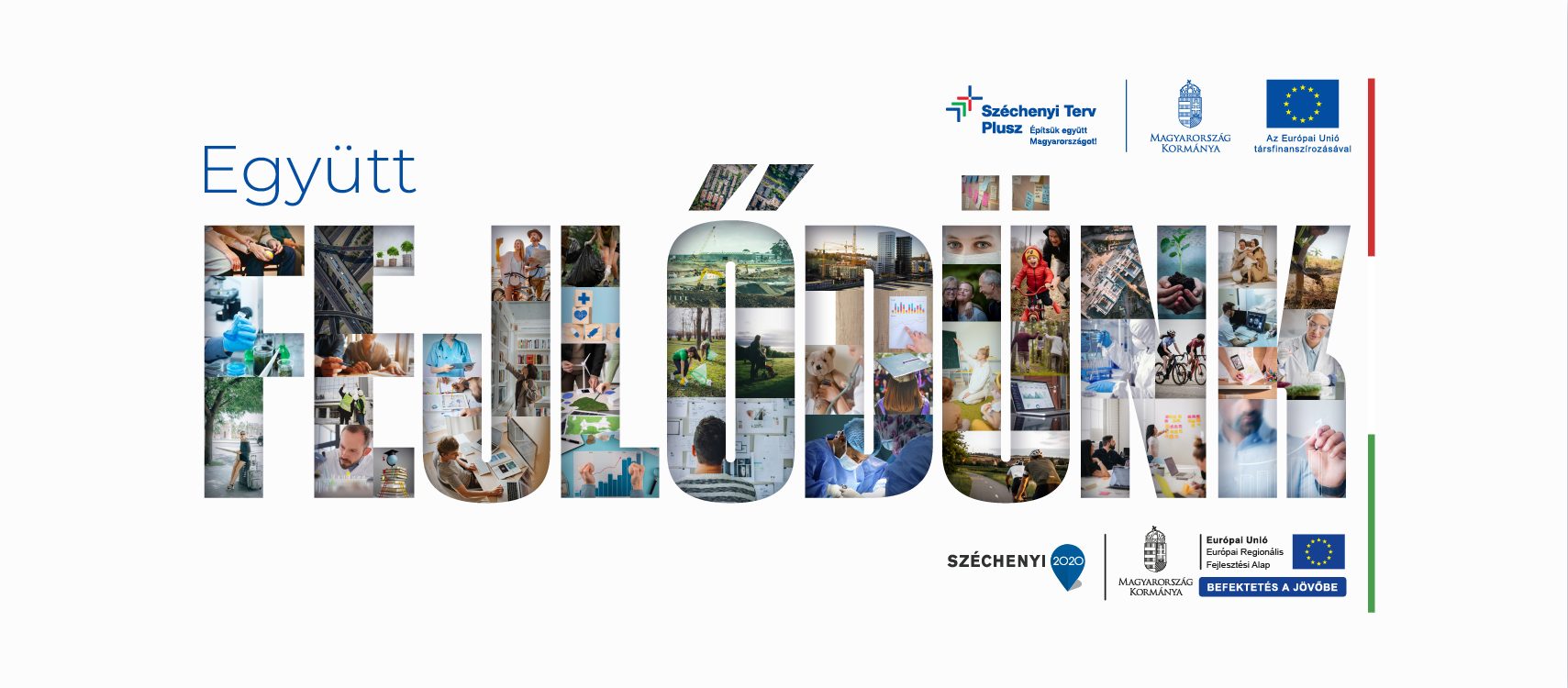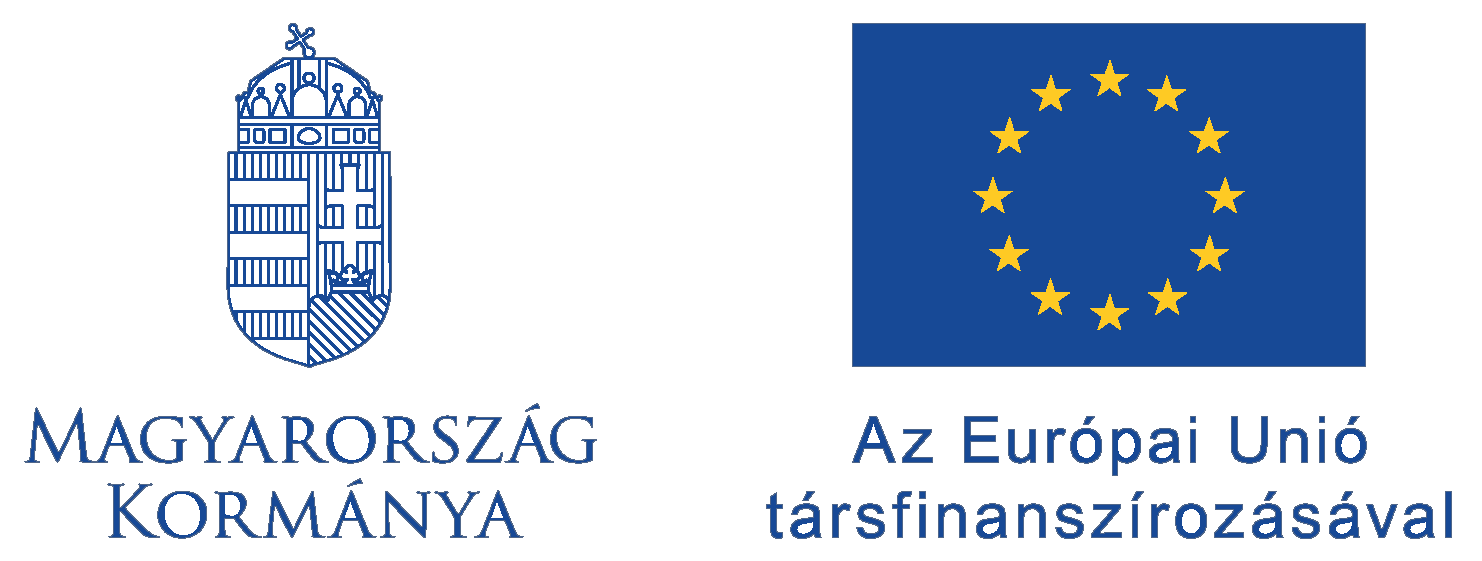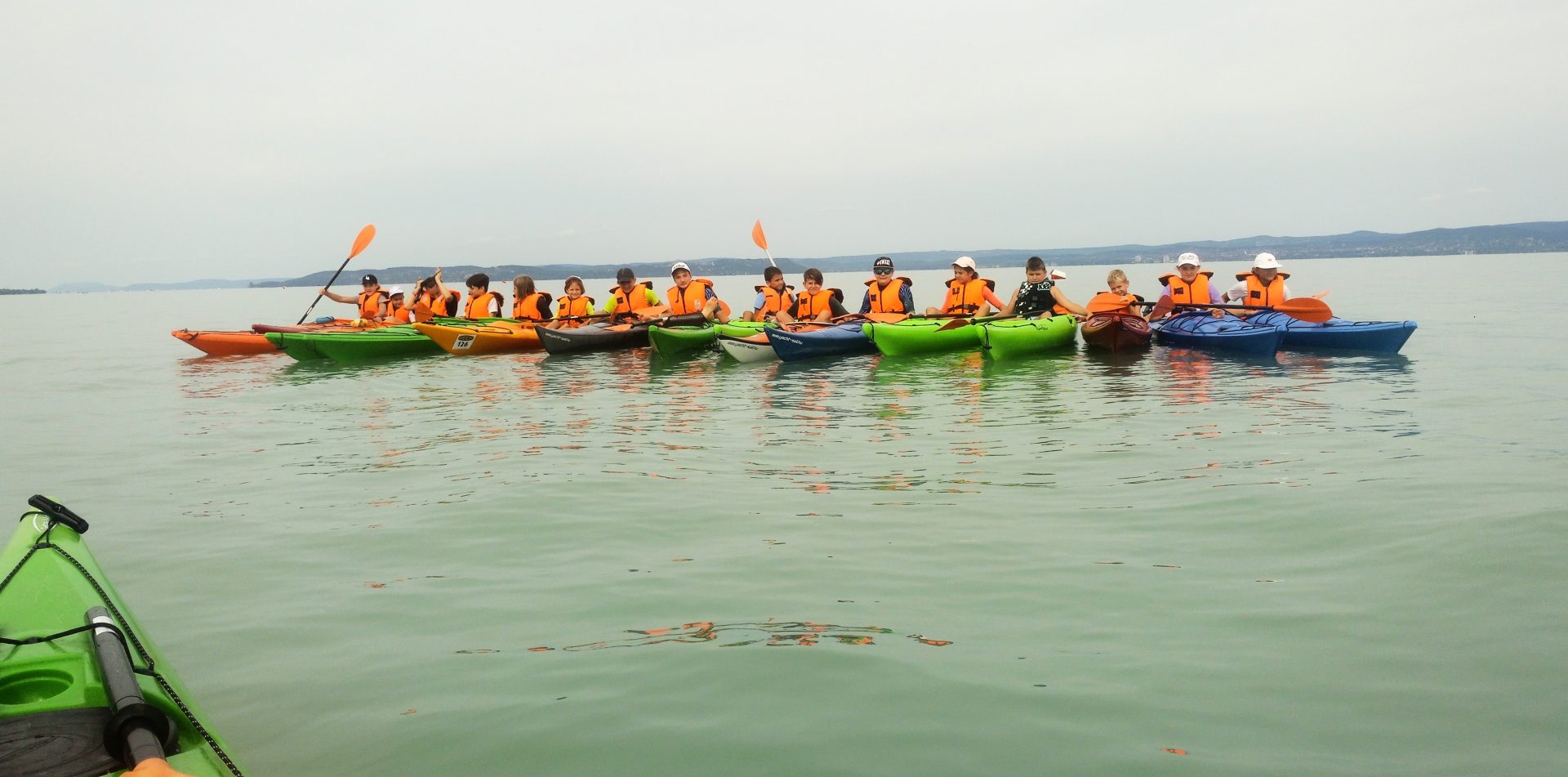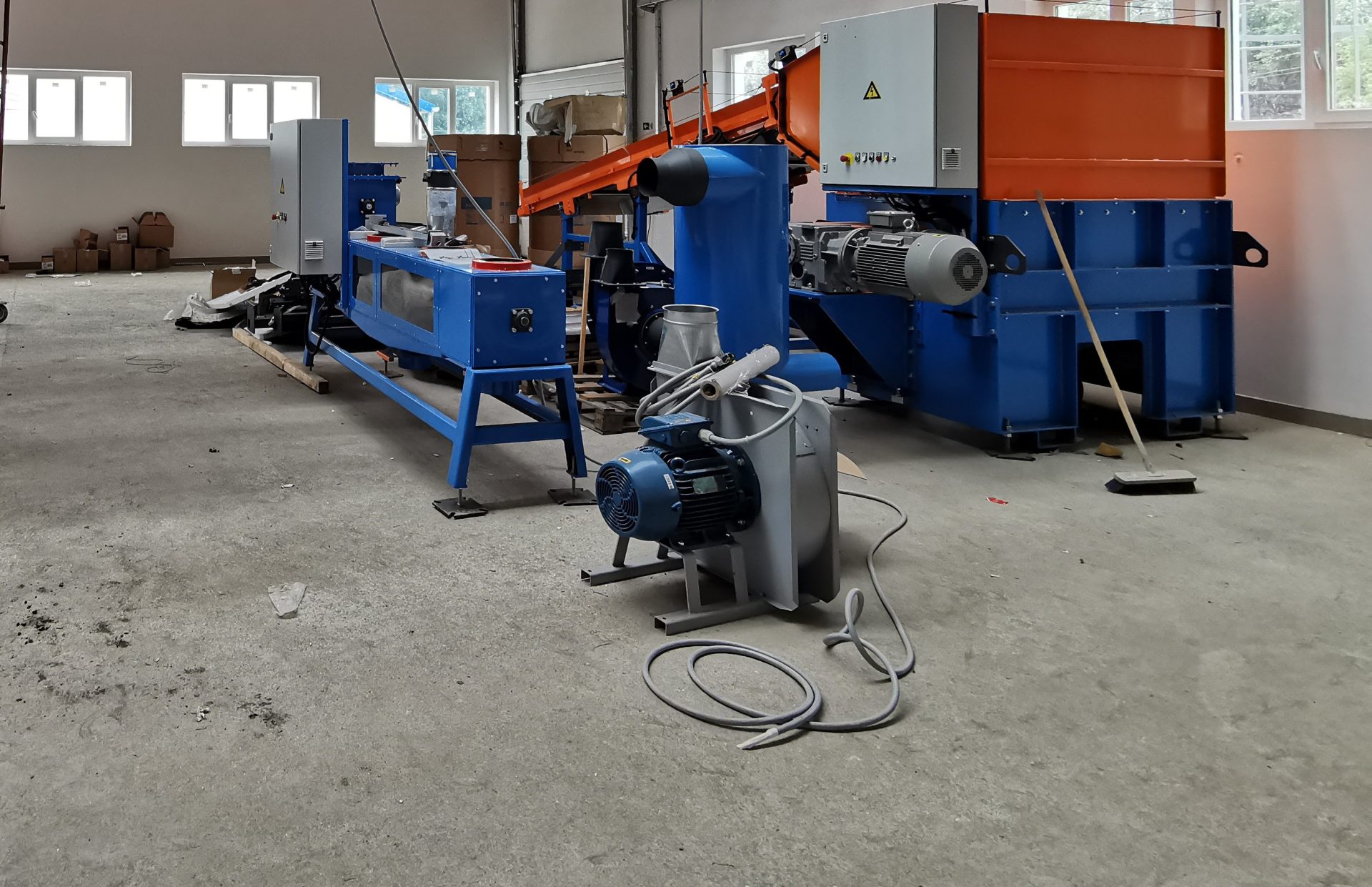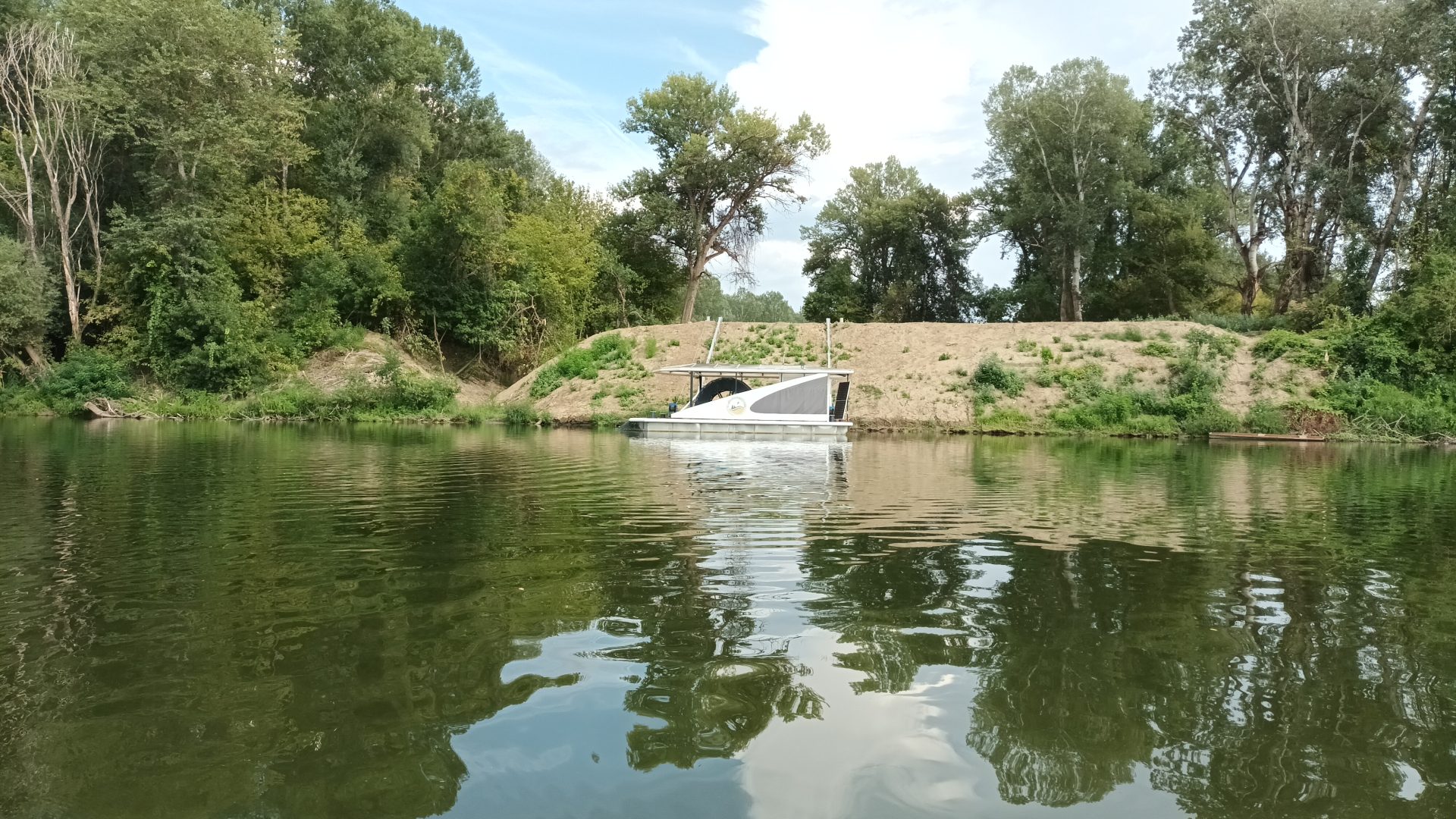One of the call for proposals of the Hungarian Fisheries Operational Programme (MAHOP) has set the conservation and enhancement of nature and biodiversity, as well as the preservation of landscape elements as its objectives. In its project, Tógazda Halászati Ltd. has taken into account all the environmental aspects that help to preserve the ecosystem of the pond and promote sustainable pond management.
In the 2014-2020 programming period, Hungary has launched the “Wetland and Waterbird Habitat Conservation Target Programme” under the call for proposals “Promoting the development of aquaculture for environmental services”. Participants are required to apply “green” aquaculture methods that support aquatic wildlife for a period of five years. The specific objective of the call is therefore to partially compensate for income foregone or lost due to conservation, environmental and water management constraints.
Since its establishment which happened nearly a quarter of a century ago, Tógazda Halászati Ltd. has been engaged in fish farming in nearly 80 fish ponds in nine counties of the country. Their portfolio covers the entire spectrum of fishing, from the propagation of freshwater species to the marketing of food-grade fish. Not only cargo fish, but often also spawn and breeding fish stocks are transported both within Hungary and to EU countries.
Due to their participation in the MAHOP programme, they have paid special attention to the protection of lakes and their higher aquatic plants, such as the maintenance of reed beds around the lakes and the seaweed populations in water bodies. For example, seaweed fields could provide shelter against protected birds who consume a lot of fish.
In the programme, no fertilisers, antibiotics or additives were used to increase yields in the context of extensive pond farming. After the organic fertilisation, the fish stock was fed with fodder and antibiotic-free fish feed produced in Hungary. In addition, higher aquatic vegetation around the ponds was not burned and organic matter from regular mowing was recycled back into production, providing an excellent food source for omnivorous carp and herbivorous amur fish.
The company has helped to preserve protected otter populations, so that only the most necessary movements were made on the dams between the lakes during the otter calving season, ensuring the maintenance and increase of this protected species. With the exception of the nursery ponds, the cormorant populations in the ponds where breeding and food fish live were not reduced, but deterred by sound cannons.
Thanks to low number of fish placement and a high natural yield rate, the environmentally conscious management has produced excellent quality fish meat, which, thanks to its low fat but high protein content, is largely in line with Hungarian fish consumption habits. In addition, it is also suitable to meet the growing demand for fishing.
The development was implemented from EU funding in the project MAHOP-2.5.1-2017-2017-00011 under the Hungarian Fisheries Operational Programme.
Find out more about the project in the Project Finder:Details
